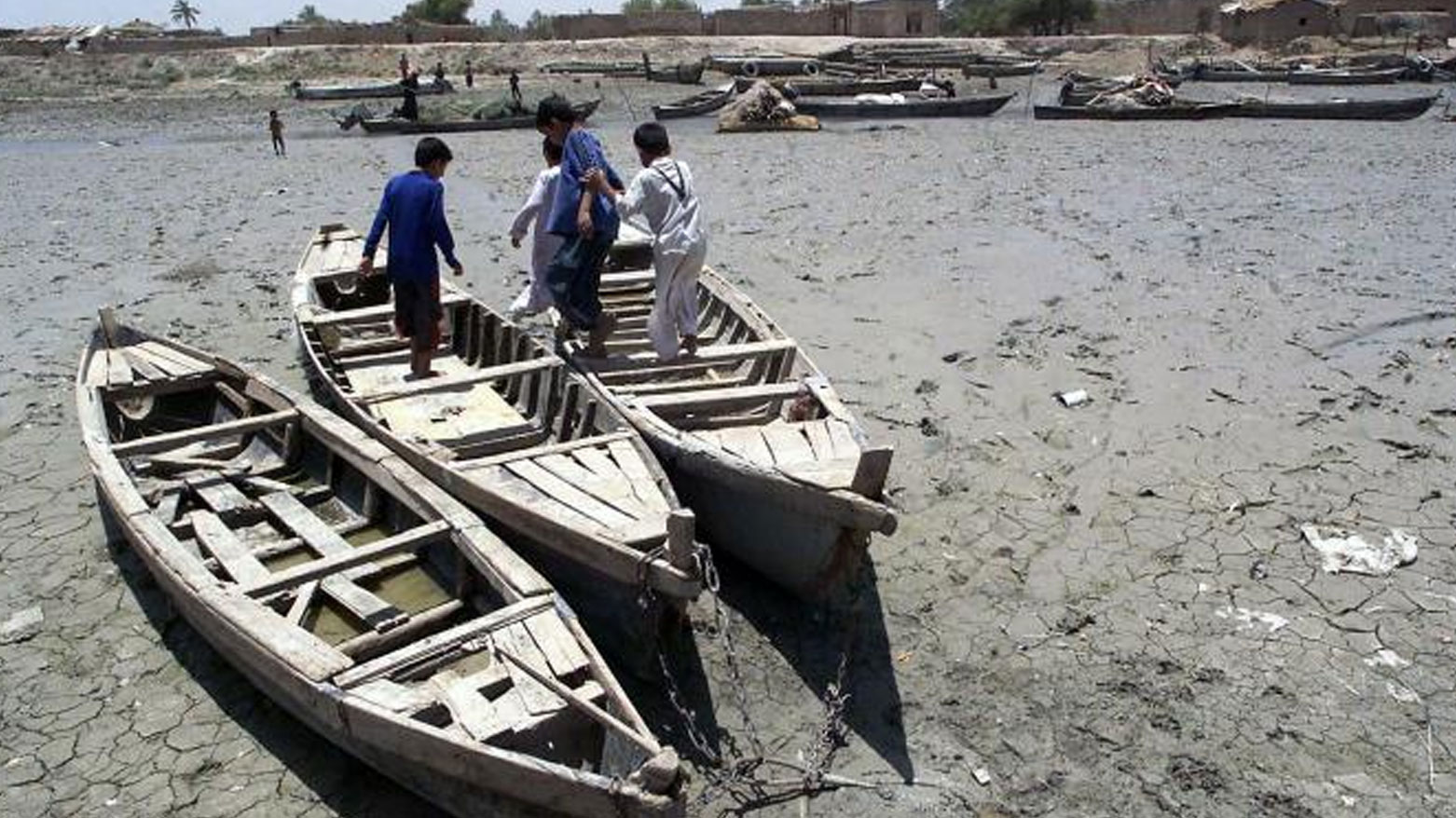Activist Alleges Deliberate Drying of Hawizeh Marshes to Pave Way for Oil Exploration
"The Ministry of Water Resources has consistently distorted the facts regarding the marshes," Abdul Razzaq said, adding that the Ministry of Environment has failed to place any restrictions on the oil company's operations.

ERBIL (Kurdistan24) — Iraqi environmental activist Murtadha Abdul Razzaq has accused the Iraqi government of deliberately drying the Hawizeh Marshes in Maysan province to facilitate its conversion into an oil field, raising concerns over environmental degradation and potential violations of international heritage protections.
Speaking to local media on Tuesday, Abdul Razzaq claimed that the drying of the marsh began at the end of 2021 and continued through 2023, after which the government formally announced the conversion of the site into the “Hawizeh” oil field. He stated that the field was acquired by a Chinese company during Iraq’s fifth round of oil licensing.
"The Ministry of Water Resources has consistently distorted the facts regarding the marshes," Abdul Razzaq said, adding that the Ministry of Environment has failed to place any restrictions on the oil company's operations.
Abdul Razzaq said his visit to Maysan in mid-2024 revealed a concerning shift in official rhetoric. "The Minister of Water Resources referred to the marsh as an engine for economic and tourism development, which I interpreted as a signal of intent to fully convert the marsh into an oil production zone," he explained.
He warned that oil exploration activities—set to begin by the end of 2024—would violate both domestic and international regulations, as the Hawizeh Marshes is classified as an archaeological site protected under UNESCO World Heritage provisions.
"The decision to delist the marsh from the World Heritage List lies solely with the National High Committee. No single ministry or authority can make that call unilaterally," he emphasized.
Highlighting the broad environmental impact, Abdul Razzaq said Maysan province is now facing a critical water shortage. "There's barely enough water to drink. Most rivers have dried up due to seasonal floods and mismanagement," he said. The total area of Iraq’s southern marshes, once spanning 20,000 square kilometers, has now dwindled to just 2,000 square kilometers, according to Abdul Razzaq.
In response, an international campaign involving ten countries from Europe, Africa, and Asia has mobilized to protect the Hawizeh Marshes. The campaign has submitted photographic evidence of oil equipment in the marshland to UNESCO in an effort to halt further environmental damage and preserve the site’s cultural and ecological significance.
The Iraqi government has not yet issued an official response to the allegations.
